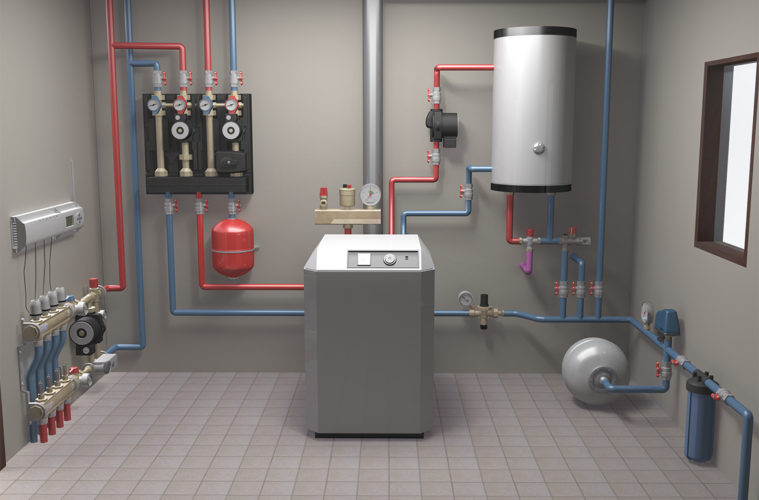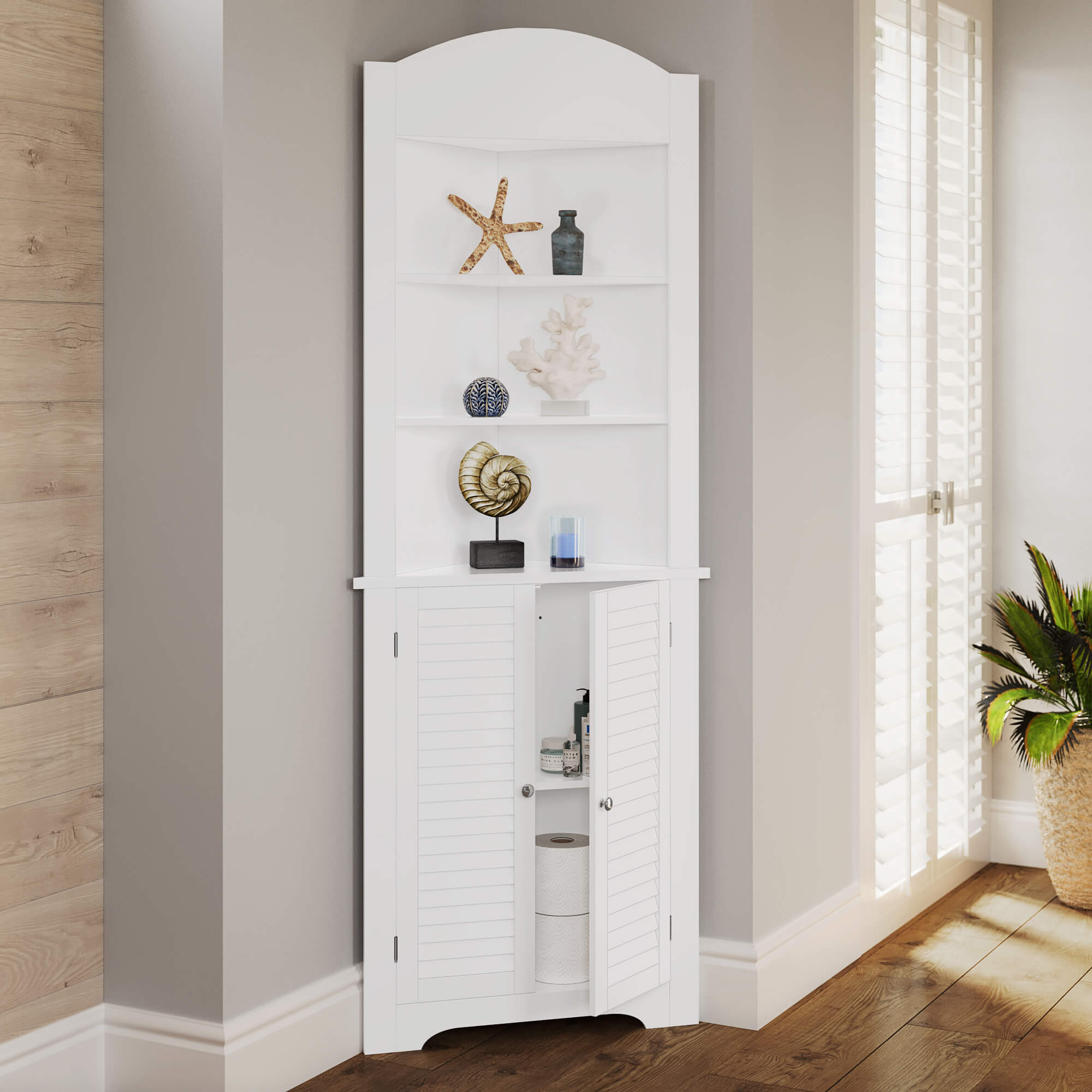Hydronic heating is a type of energy that is used to heat things like homes, businesses, and factories. Hydronic heating works by using water to heat up objects. The water is turned into steam and then sent through pipes or ducts to the objects that need to be heated. This means that hydronic heating is a very efficient way to heat up things, as it uses much less energy than other heating methods. Additionally, hydronic heating is versatile; it can be used in small and large spaces. Finally, hydronic heating is environmentally friendly; it doesn’t produce any harmful pollutants as gas or oil does. In this blog post, we’ll give you a crash course in hydronic heating so that you can make an informed decision about whether or not it’s the right choice for your home.
Hydronic heating is a type of radiant heating that uses water to heat your home. The water is heated using a boiler and then circulated throughout your home using a system of pipes. The heat from the water radiates outward, warming the objects and surfaces in your home. This type of heating is extremely efficient since water retains heat very well. The hydronic heater is the most popular option for home heating in the United States and is typically more affordable than other types of heating systems. If you’re looking to make a switch to more sustainable heating options, hydronic heating is a great option to explore. There are two main types of hydronic heating systems:
Direct Systems:
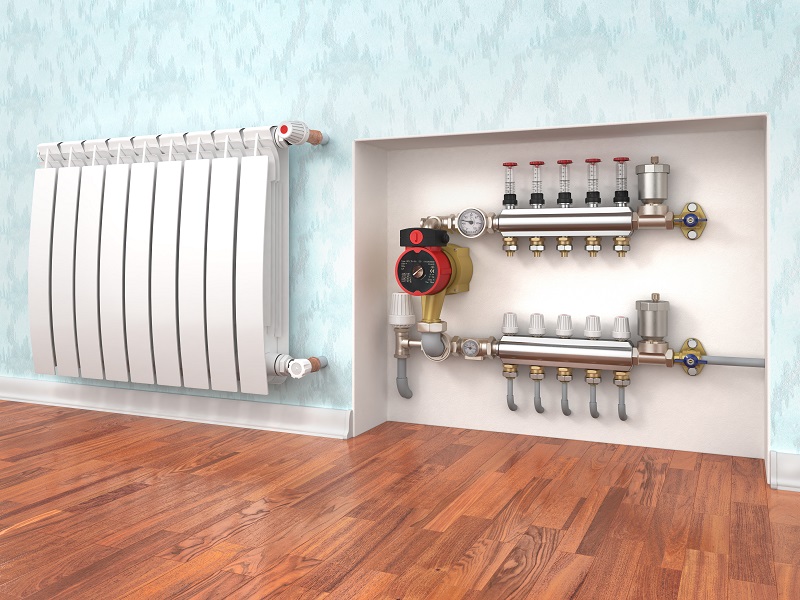
source: pinterest.com
In a direct system, the boiler heats the water and circulates it directly through your home’s radiant flooring or baseboards.
Indirect Systems:
In an indirect system, the boiler heats a separate fluid (usually an antifreeze solution) which is then circulated through the radiant flooring or baseboards in your home.
Advantages of Hydronic Heating:
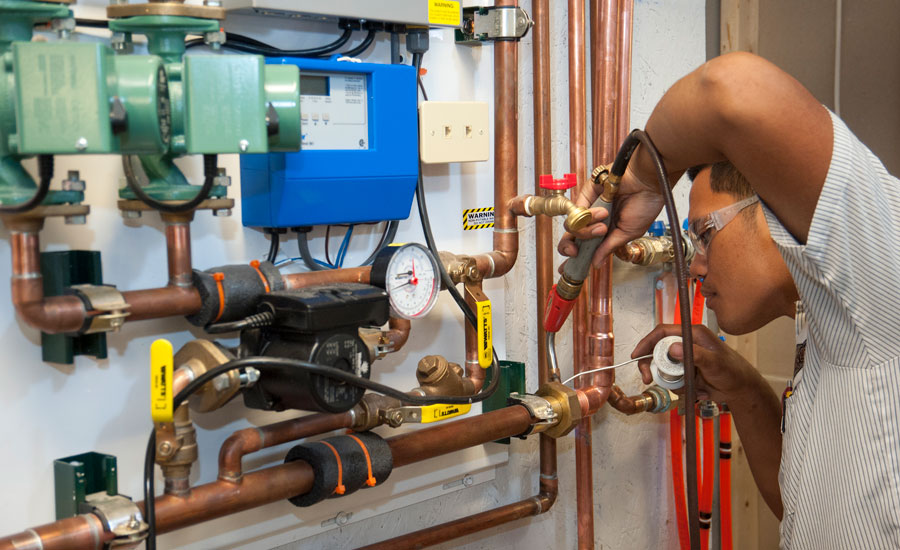
source: pinterest.com
- Hydronic heating is very efficient since water retains heat very well.
- It’s also very quiet since there are no mechanical components like pumps or fans that can create noise.
- Hydronic heating systems last a long time since they have very few moving parts that can break down over time.
- Another advantage of hydronic heating is that it can be used in combination with other types of heating systems like forced air furnaces to create more evenly distributed and comfortable heat throughout your home.
- Finally, hydronic heating systems are also very safe since there is no risk of fire or combustion as there is with oil or gas furnaces.
Disadvantages of Hydronic Heating:
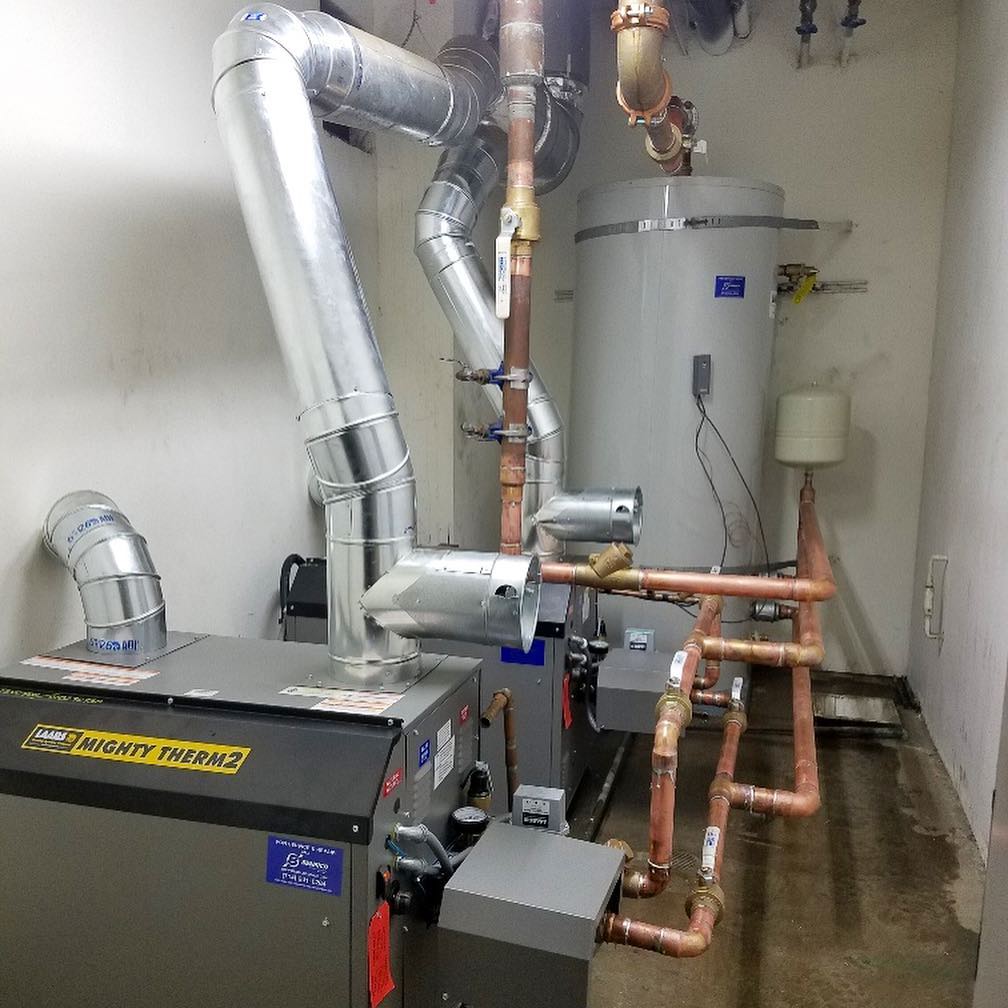
source: pinterest.com
The biggest disadvantage of hydronic heating is the initial cost of installing the system. However, this cost is offset by the savings on your energy bill over time, as hydronic heating systems are very energy efficient. Additionally, energy savings usually recoup any money spent on installing a hydronic heating system within 5 to 10 years.
Another potential disadvantage of hydronic heating is that it requires careful maintenance to prevent corrosion and mineral buildup in the pipes, which can reduce efficiency and lead to expensive repairs down the line if left unchecked. However, as long as you have your system serviced regularly by a professional, this shouldn’t be a problem.
Final Thoughts:
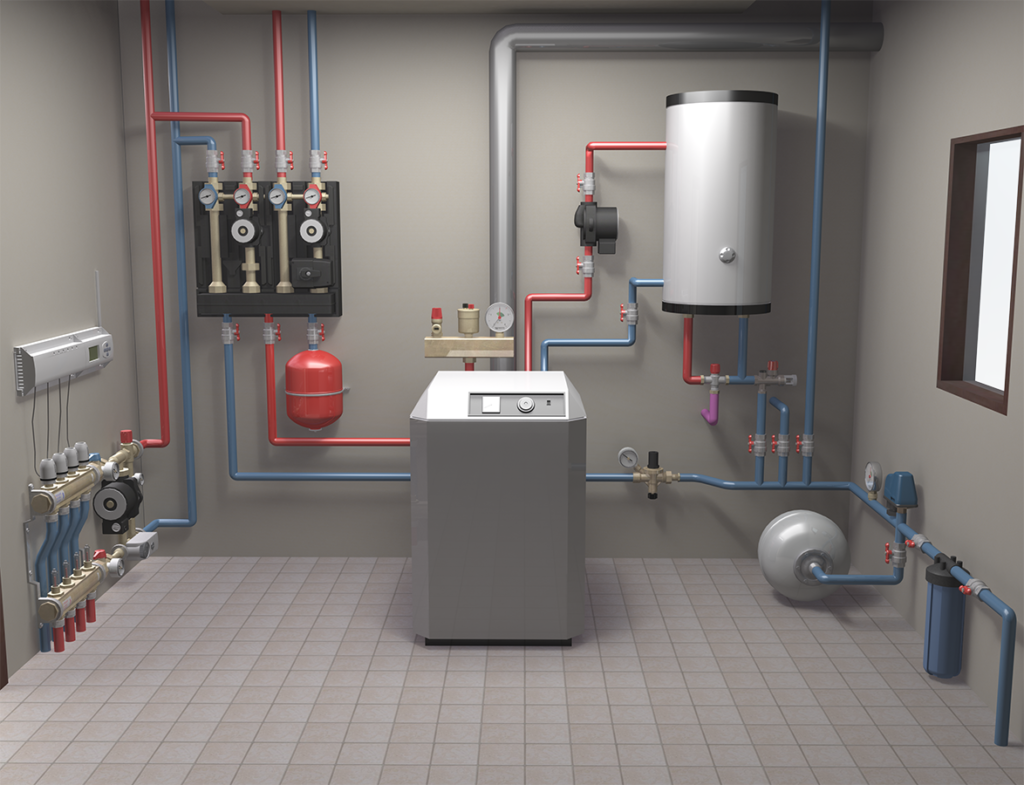
source: pinterest.com
There are many benefits to using hydronic heating in your home, including improved air quality and energy efficiency. When it comes to choosing the right hydronic heating system for your needs, you should be mindful of a few key factors. First, make sure the system you choose is compatible with the layout and features of your home. Second, consider your budget and preferences when selecting a hydronic heating system. Finally, be sure to regularly check the system’s performance and maintenance requirements so that you can stay comfortable and safe in your home. If you have any further questions about Hydronics or would like help deciding if it’s the right choice for your home, please don’t hesitate to try it!

